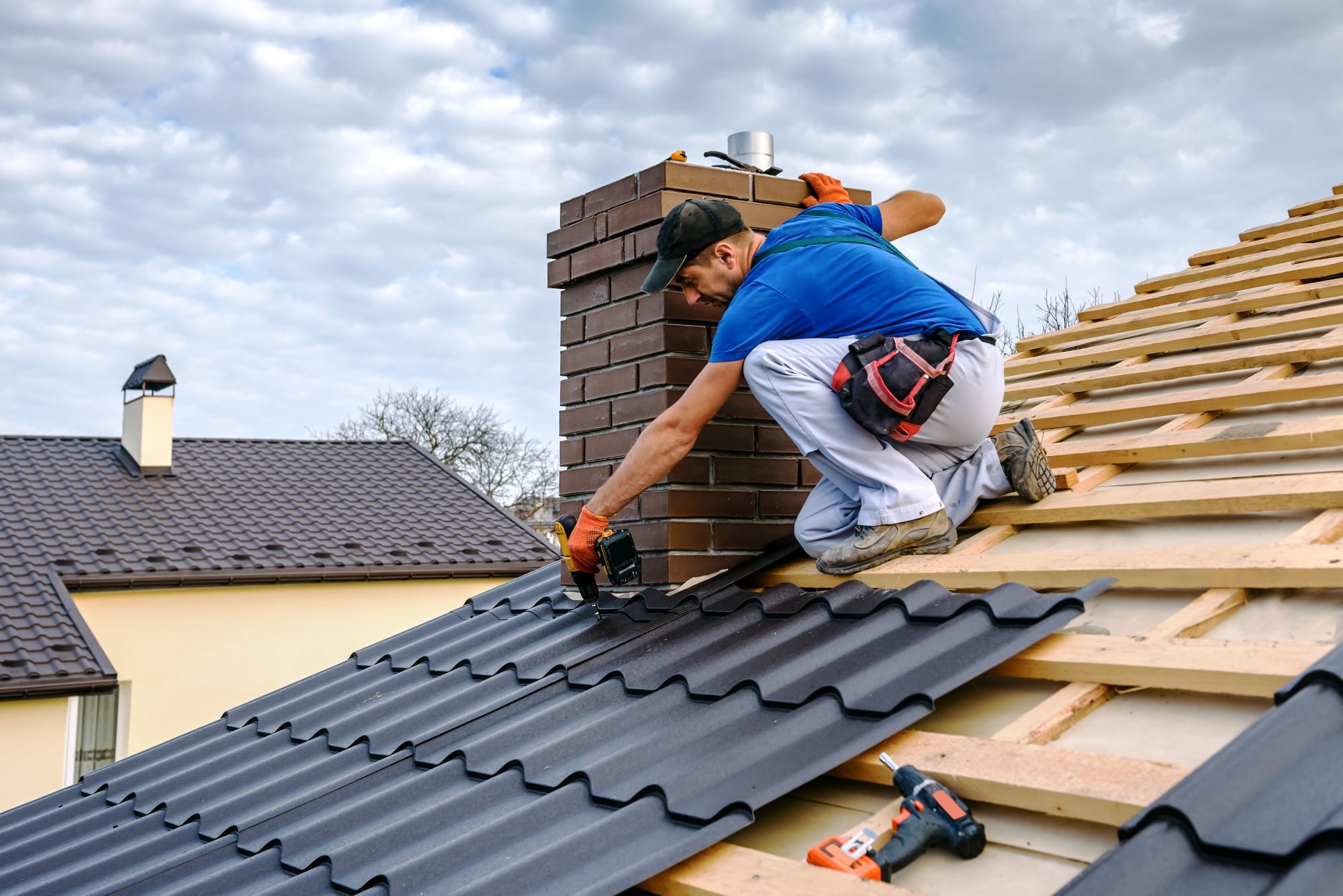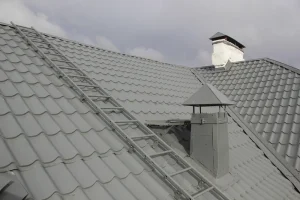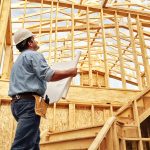Long-Lasting Roof Construction Essentials
When it comes to home improvement, one of the most crucial investments a homeowner can make is in new roof construction. A roof serves as the first line of defense against the elements, ensuring safety, comfort, and energy efficiency. To maximize the longevity of your roof, it’s essential to understand the key factors that contribute to effective roof construction. This article outlines the critical components that ensure long-lasting performance and emphasizes the importance of professional roof construction services.
1. Selecting High-Quality Roofing Materials
The backbone of any successful roof construction project lies in the selection of high-quality materials. The choice of roofing material directly impacts the durability and overall performance of the roof. Homeowners should consider several roofing options, each with unique benefits and life expectancies:
- Asphalt Shingles: One of the most common choices, asphalt shingles offer a balance between affordability and performance. They typically last 20 to 30 years, making them a reliable option for many homeowners.
- Metal Roofing: Known for its durability, metal roofing can withstand extreme weather conditions and has a lifespan of 40 to 70 years. Its resistance to corrosion and low maintenance needs make it an attractive choice for long-term investments.
- Clay and Concrete Tiles: These materials are known for their strength and longevity, often exceeding 50 years. They also provide excellent insulation, making them suitable for various climates.
- Slate: A premium option, slate roofs are not only aesthetically pleasing but can last over 100 years when installed correctly. Their longevity comes with a higher initial investment but pays off in the long run.
Choosing high-quality materials is essential for ensuring that your roof can withstand environmental stresses, thereby extending its service life.
2. Importance of Professional Installation
While selecting quality materials is vital, the installation process is equally crucial. Engaging professional roof construction services ensures that the roof is installed according to industry standards and best practices. Poor installation can lead to a myriad of issues, including leaks, structural damage, and reduced lifespan.
Advantages of Hiring Professionals:
- Expertise and Knowledge: Professional roofers possess the necessary training and experience to handle various roofing materials and installation techniques. They can assess your home’s unique needs and provide tailored solutions.
- Adherence to Building Codes: Professionals ensure that all work complies with local building codes and regulations, minimizing the risk of legal complications.
- Warranties: Many roofing manufacturers require professional installation for warranties to be valid. By choosing a reputable contractor, homeowners can protect their investment and ensure long-term reliability.
3. Effective Roof Ventilation
One often-overlooked aspect of roof construction is proper ventilation. Inadequate ventilation can lead to heat and moisture buildup in the attic, resulting in a range of problems:
- Shingle Damage: Excessive heat can cause shingles to warp, curl, or crack prematurely, leading to leaks.
- Ice Dams: In colder climates, poor ventilation can result in ice dam formation, which can damage the roof and gutters.
- Mold Growth: High moisture levels in the attic can lead to mold growth, compromising air quality and damaging structural elements.
Incorporating effective ventilation systems, such as ridge vents, soffit vents, or gable vents, is essential for regulating temperature and moisture levels. This contributes to the longevity and efficiency of your roof.
4. Regular Maintenance and Inspections
Investing in a new roof construction is just the beginning; regular maintenance and inspections are crucial for ensuring its longevity. Homeowners should adopt a proactive approach by scheduling routine inspections and promptly addressing any identified issues.
Maintenance Best Practices:
- Gutter Maintenance: Regularly clean gutters and downspouts to prevent clogs that can lead to water damage.
- Flashing Inspections: Check the flashing around chimneys, vents, and skylights for signs of wear or damage, as these areas are prone to leaks.
- Debris Removal: Clear leaves, branches, and other debris from the roof to prevent moisture retention and potential damage.
- Professional Assessments: Engage roof construction services for periodic inspections, especially after severe weather events. Professionals can identify potential issues that may go unnoticed by the homeowner.
5. Investing in Quality Roof Construction Services
When it comes to ensuring the longevity of your roof, investing in quality roof construction services is paramount. Look for reputable contractors with a proven track record, positive customer reviews, and proper licensing and insurance.
Criteria for Choosing a Contractor:
- Experience: Contractors with extensive experience are more likely to deliver quality workmanship.
- Portfolio of Work: Review previous projects to gauge their expertise and craftsmanship.
- Transparency and Communication: A reputable contractor should provide detailed estimates and be transparent about the materials and methods used.
- Customer Support: Choose a contractor known for excellent customer service, ensuring that all questions and concerns are addressed throughout the process.
Conclusion:
In conclusion, long-lasting roof construction relies on selecting quality materials, professional installation, effective ventilation, and regular maintenance. Homeowners who prioritize these essentials will significantly enhance the durability and performance of their roofs. By investing in professional roof construction services, you can ensure that your roof remains resilient against the elements, safeguarding your home and increasing its value.
Make informed decisions today to secure a long-lasting roof that protects your home for years to come. The right approach to roof construction is an investment in your property’s future.




